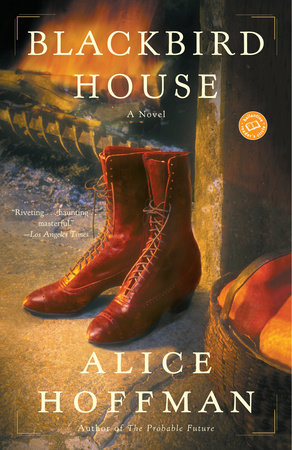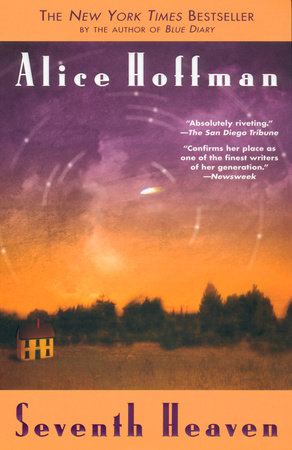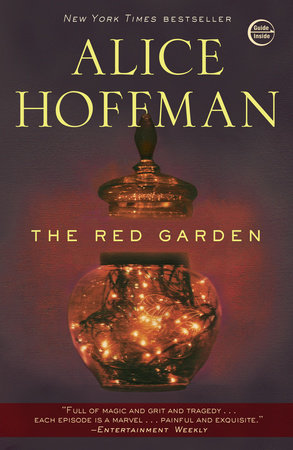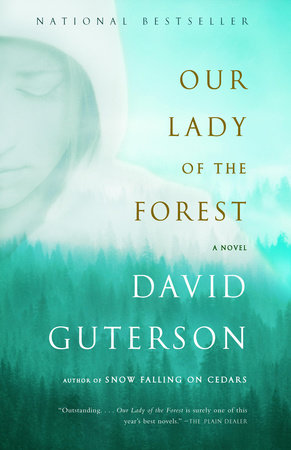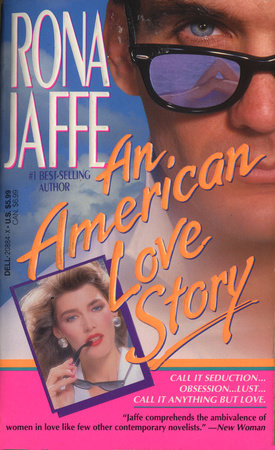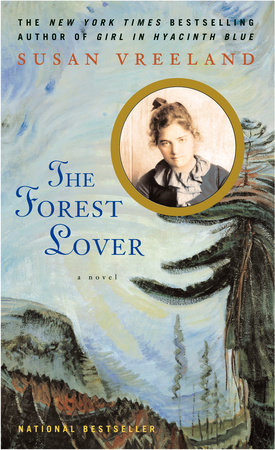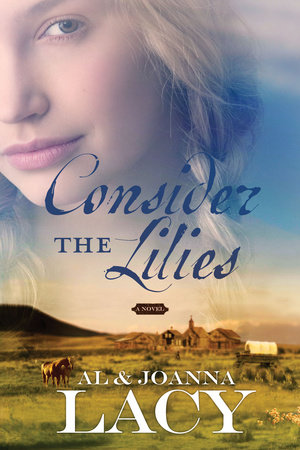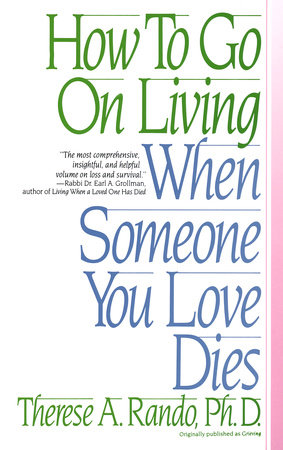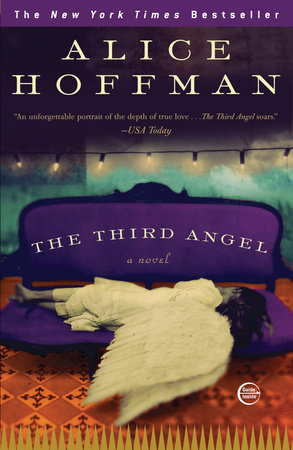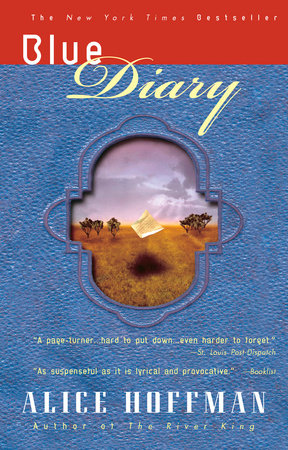A Conversation with Alice Hoffman
Jennifer Morgan Gray is a writer and editor who lives in Washington, D.C.
Jennifer Morgan Gray: Why did you decide to construct Blackbird House as interweaving stories in lieu of a more straightforward narrative structure? Was it liberating to write in so many different points of view? What were the challenges of this framework?
Alice Hoffman: The book began after The Boston Globe asked me to write a short story set on the Cape in the summer. Once I wrote the initial story, I was interested in what else might have happened at the old farm I’d written about. It was great fun and very liberating to pick and choose time periods and characters over several centuries. Rather than being a challenge, it was a pleasure to work with the format of linked stories. I love to read them, and I love to write them. It’s wonderful to move through time and space.
JMG: The book is titled Blackbird House, and the house itself and the hill on which it sits are the unifying link for the stories. Was there a particular home that served as the model for Blackbird House? If so,how did your relationship with the house change and evolve as you wrote the book?
AH: I have an old farm out on Cape Cod. It was very rundown when we bought it, and there were rumors that it was haunted. On my first visit, I noticed a woman, a ghost in the parlor. Then I looked more closely and discovered it was a mirror and that the woman was me. I knew then it was my house. As we were fixing it up, owners and renters from the past visited. They had all loved the house in their time, and I began to have the sense of how many lives had been lived in the rooms we now lived in.
JMG: Blackbird House stretches over hundreds of years. How did you prepare for writing fiction that spans this large amount of time? Did writing the book necessitate extensive research into the history of the Cape Cod area? How did you thrust yourself into the various time periods of the book while you were writing about them?
AH: I did quite a bit of research into the history of my own house, and the history of the towns of the outer Cape. I knew about the natural world of the Cape, having spent twenty-five years as a part-time resident, and was delighted to use that information. The sense of history in Massachusetts, and on the Cape, is so present, and so much of the landscape is unchanged; and so it was easy to imagine what life was like in the past.
JMG: The blackbird—which turns white—is a recurrent motif in the book. How did you conjure up such a striking image that threads throughout the story? How is it a harbinger of good? Of evil? How do you view the blackbird as a supernatural image, and how is it firmly rooted in reality?
AH: Blackbirds have long been symbols in the myths of many cultures and have symbolized both creation and death. In literature the “black bird”—whether a raven or a falcon or a crow—often appears as a symbol of remembrance, mystery, sorrow. Sometimes blackbirds are seen as evil, sometimes good; always they possess an intelligence that is nearly supernatural.
JMG: Sweet peas and turnips, introduced in the first story, also reappear throughout the book. What caused you to incorporate these two natural elements, both rooted in the earth, each with their own distinct beauty? Did they have a symbolic meaning to you while you were writing?
AH: At my farm, old gardens are everywhere, even deep in the woods. In fact, our place was called“Sweat Pea” at one time, and we have so many, we pull them out as though they were weeds. We have orchards and lilies that someone once planted, and the idea that what once has been still influences the present is at the core of Blackbird House. The outer Cape is famous for its turnips—a funny, lumpy,rather ugly vegetable that can be surprisingly delicious.
JMG: In each of these stories, the main characters experience a turning point that acts as a catalyst for change. What about these watershed moments is so compelling to you? Did any of those moments surprise you in the book as you were crafting the characters? Did you experience a similar turning point while were writing Blackbird House, where the book took a different form or trajectory?
AH: Because I could pick and choose the moments I would write about as the book moved forward in time, I chose the turning points in characters lives—sometimes they were small, and went unnoticed by the character—going off to Harvard, for instance. Sometimes they were huge—a marriage, a murder, a death. How we respond at these difficult, transitional times in our lives reveals who we are as human beings. I was constantly surprised by my characters and their choices—I think I found Violet the most surprising character of all. She was so headstrong, so much herself, and she was still able to change even when she was a very old woman.
JMG: Did you write the stories chronologically, as they are presented in the book? Or was there one character or situation that compelled you to write first, then frame the rest of the stories around that tale? Was there one individual chapter that presented a particular challenge to write? Which one?
AH: The first story I wrote was “The Summer Kitchen”—this was the story I wrote for The Boston Globe. It’s the second to last story in the book. The final story, which follows the same family, was the last story I wrote. All of the other stories grew out of my interest in who had come before, who else had lived in Blackbird House. Some of the characters had too much life to be only one story. Violet, for instance, and Emma and Walker, the children who began the book.
JMG: This book is rife with life-altering accidents—from the gale that sweeps Coral’s family away from her in “The Edge of the World” to the car crash that causes Lion and his wife to perish in “Lionheart.”How do the characters balance what they can control versus that which they have no agency over?What is your personal view about the hand of fate in everyday life?
AH: Out on the Cape, weather is huge. A life at sea means a life battling weather, and the graveyards are full of such people. I think the characters do the best they can, but they are dealing with forces that cannot be controlled, from the weather to war to fate.
JMG: “From every bitter thing, after all, something hardy will surely grow,” opens “The Witch of Truro,”one of the stories featuring Ruth (p. 23). I was struck by how this sentiment resonates throughout the book. What about adversity enables each of your protagonists to thrive? Conversely, how do adverse circumstances cause them to doubt themselves and bury their feelings within?
AH: Sorrow defines characters in fiction, just as it defines us. I do believe that the worst of times sometimes forms the best of what’s inside us. Throughout Blackbird House what anyone tries to bury almost always surfaces in some way.
JMG: “He thought about how love could move you in ways you wouldn’t have imagined, one foot in front of the other, even when you thought you had nothing left inside,” thinks Vincent early in the book (p. 21), in “The Edge of the World.” How does Vincent, and the other characters of Blackbird House, seek out love? What does love make them do that is uncharacteristic? While you were writing, did you view love as the guiding force of these stories?
AH: I see love as the guiding force of most everything. Everything done for the good, at any rate. Fear and love seem to be the two motivating forces within the book. Vincent, for example, is a character who feels he’s lost everything, but something remains deep inside. He keeps moving, until he finds his way home and his true self.
JMG: “He looked past anything he didn’t want to see, and therefore he often didn’t recognize the truth even when it was staring him right in the face,” you write of Larkin (p. 52) in “Insulting the Angels.” How does his denial of anything distasteful limit his understanding of the world around him? How do others in the book approach unpleasantness and pain?
AH: The characters all approach pain and loss and love in very different ways. In many cases it takes a while for them to understand the truth of their own actions. Isn’t that true of us all? I think in the case of Violet, her growth in the way she deals with loss and pain is most interesting.
JMG: Loneliness poses a visceral threat to the characters in every facet of this book. What do you think the characters here fear the most about being alone? Was there one relationship that develops from that search to join with someone that you found the most compelling to write? What character, if any, did you have the most difficult time connecting with?
AH: Blackbird House is about the importance of connecting with another person. There is such a need for that, which is so easily seen in a wild, lonely place such as the Cape. Because each character is a little piece of me, I never have trouble connecting with them! I know them inside out, even though they make some surprising choices sometimes.
JMG: When we spoke about your novel The Probable Future last year, you mentioned that your own illness affected how you rendered that novel’s protagonist and her battle with cancer. How did your own experience inform the stories that focus on Emma, the little girl in “The Summer Kitchen,” who successfully overcomes cancer but wistfully idealizes her life before cancer?
AH: When I was going through my treatment, my next door neighbor, a little girl, was battling cancer as well. She was my inspiration for “The Summer Kitchen.” Although the story is not about her or her family, her courage influenced the story and was inspirational for me as I was going through treatment.
JMG: Do you have any special routines or rituals you adhere to while you’re writing that facilitate the process and bring you inspiration and creativity? What are they?
AH: I used to have rituals—painting my office a different color, setting out items that remind me of the book—now I just write. Many of these stories were written on the Cape—“The Wedding of Snow and Ice” was written in a snowstorm. The landscape itself was so inspiring that was enough for me.
JMG: Is there anything in particular that you’re working on right now? What can your readers look forward to seeing on the shelves from you next?
AH: I have a new novel, The Ice Queen, about a frozen woman who is hit by lightning and suddenly comes alive. It’s an erotic fairy tale about what happens when we freeze our emotions—about all that we bury deep inside. A teen novel, The Foretelling, will be out in the fall; it’s set in the Bronze Age, about the daughter of an Amazon queen, and about the ways war can ruin us and love can save us.
